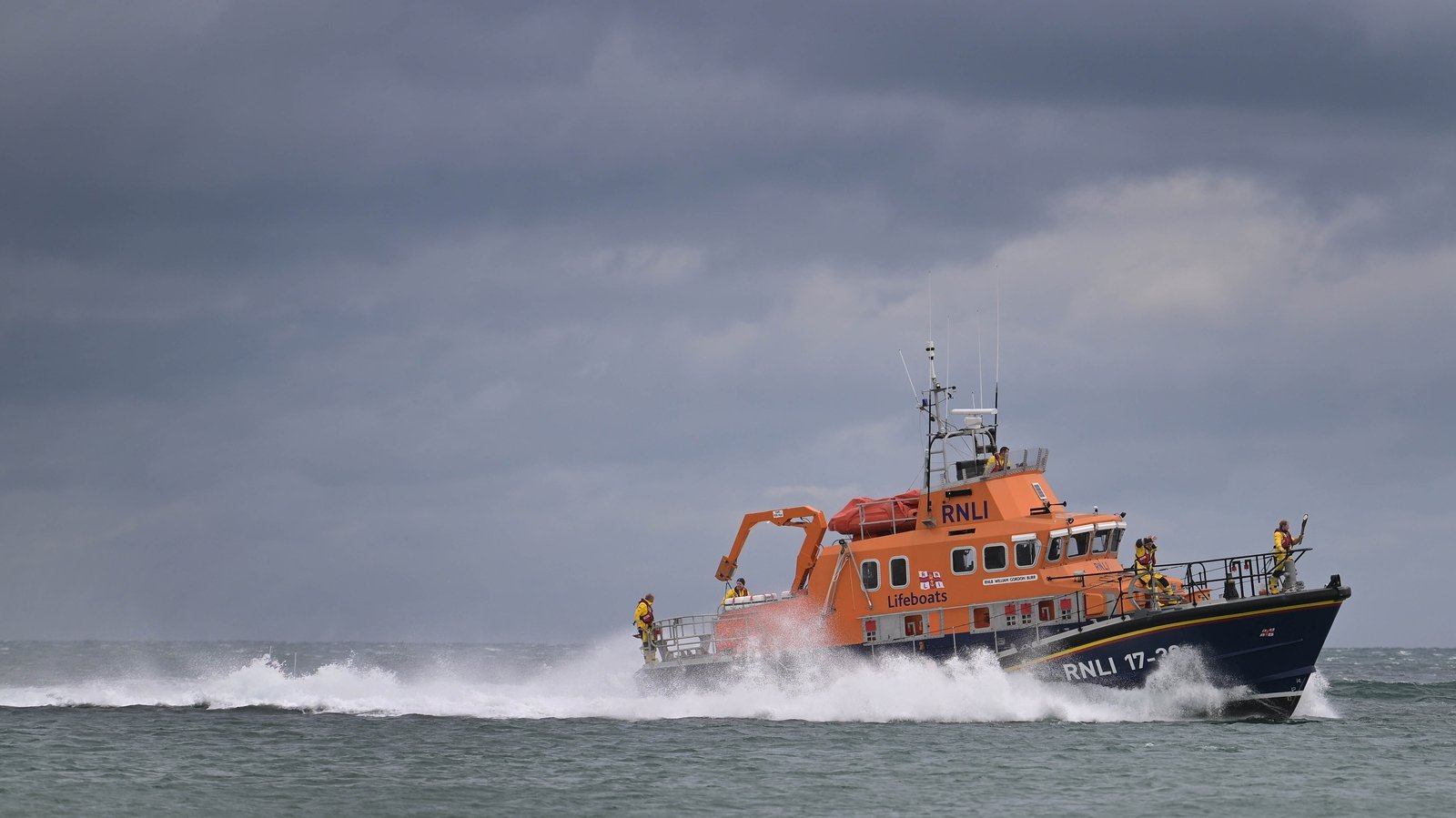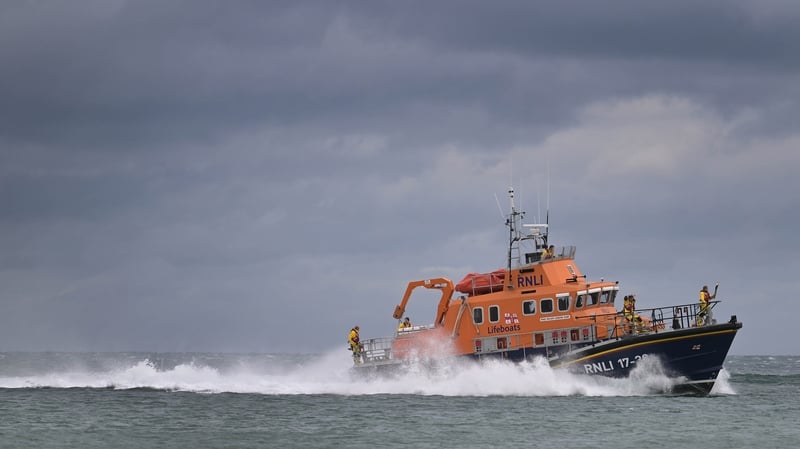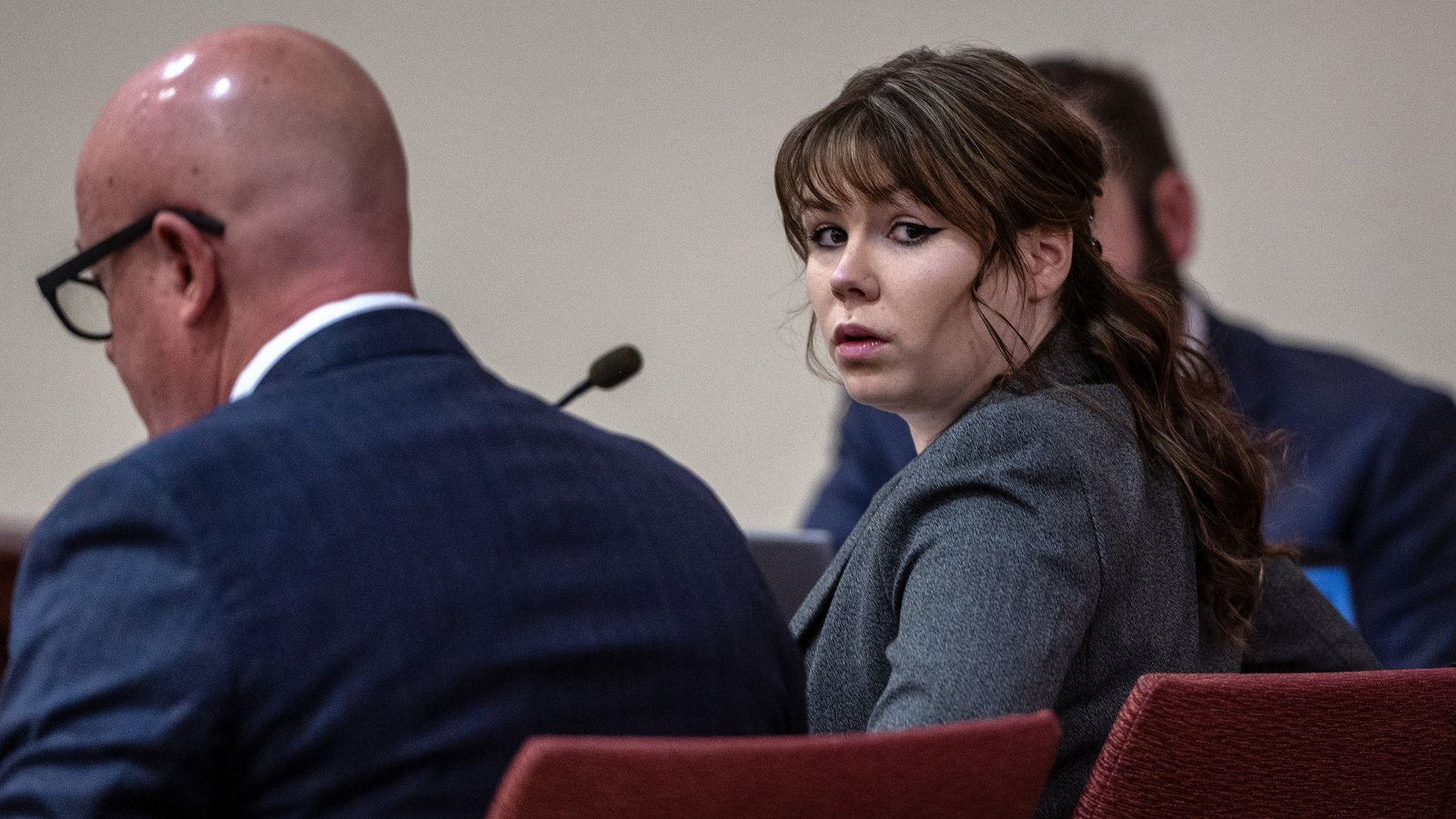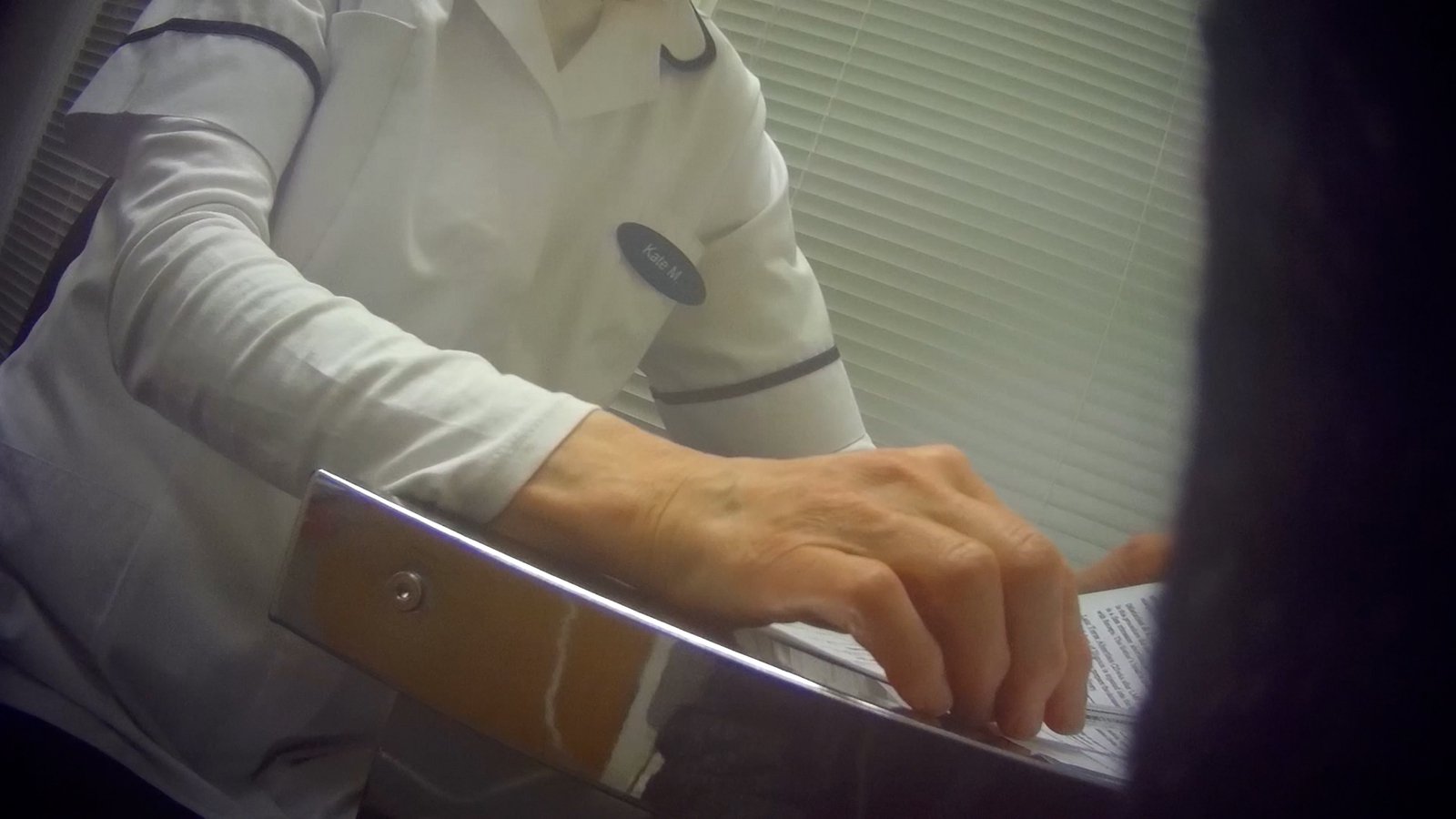RNLI launches ‘float to live’ campaign


The RNLI is launching its ‘float to live’ campaign as part of National Water Safety Awareness Week.
Killian O’Kelly, Water Safety Education Manager said the campaign is designed to highlight a skill that will help people who fall into cold water unexpectedly.
Speaking on RTÉ’s Morning Ireland, he said FLOAT is an acronym for fight, L stands for lean back, O is open up into a starfish position, A is action to paddle with your hands, and T is Time.
‘Float to live’ is designed to buy people time to get their breathing under control so they can swim to safety.
“After 60 to 90 seconds of floating in that situation where you’ve accidentally fallen into the water, you will recover from the shock.
“You will get your breathing under control, your heart rate will come back down and float to live is all about buying people that time.
“That 90 seconds where they can get their breathing under control. And once your breathing is under control, most people that can swim will be able to self-rescue, to be able to get back to the shore.”
Mr O’Kelly said the same water safety message applies in lakes and the sea and all water in Ireland is classified as cold water as it is under 15C.
“There are different issues with lakes. There’s less buoyancy in lakes than there is in the sea, and there’s often less visibility.
“But in terms of water temperature, they’re both cold water and they’re both at risk of cold water shock.”
National Water Safety Awareness Week runs until Sunday ( 23 June) to highlight the urgent need for people to give water safety as much attention as they do to road safety, particularly over the summer months.
On average, there were 10 drownings every month in Ireland over five years, with males accounting for 70% of them.
More than half of accidental drownings (57 per cent) were preceded by land-based activities such as walking and angling from shore.
Water Safety Ireland is hosting numerous events this week to educate the public. Highlights include interactive sessions with the National Ambulance Service, children’s water safety classes with the Galway Hooker Association, and fun, educational activities for schoolchildren.





